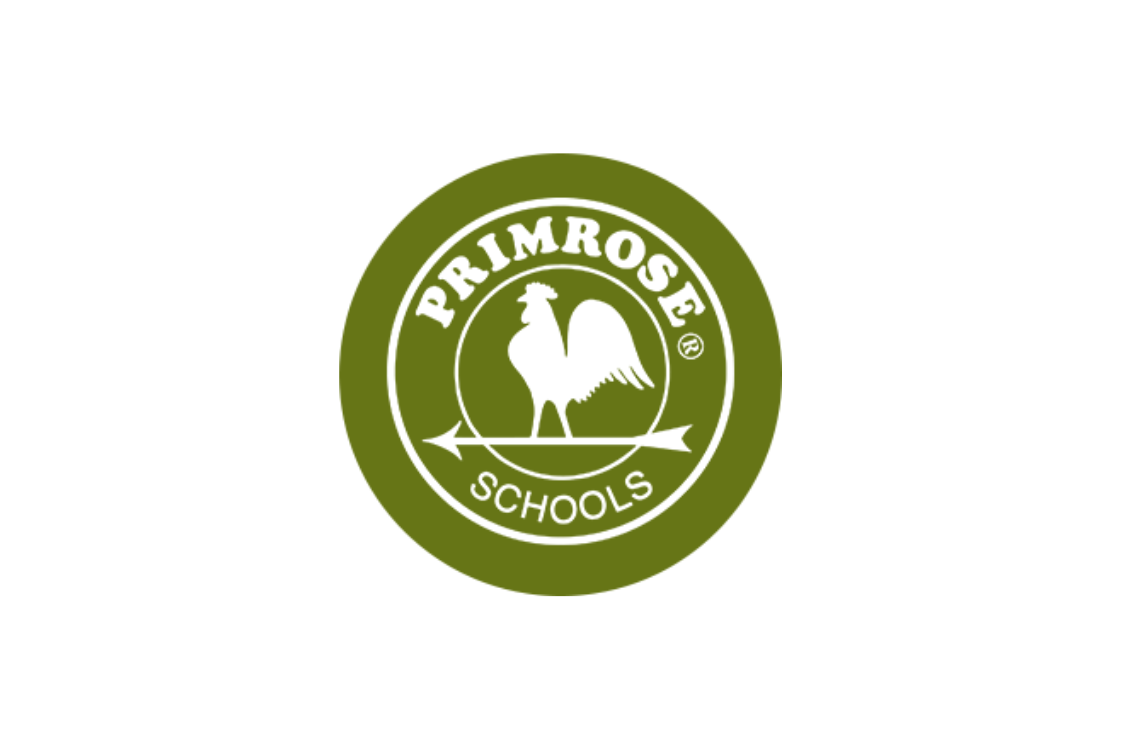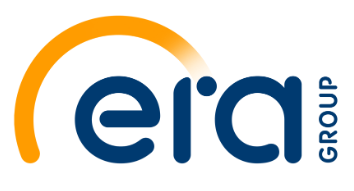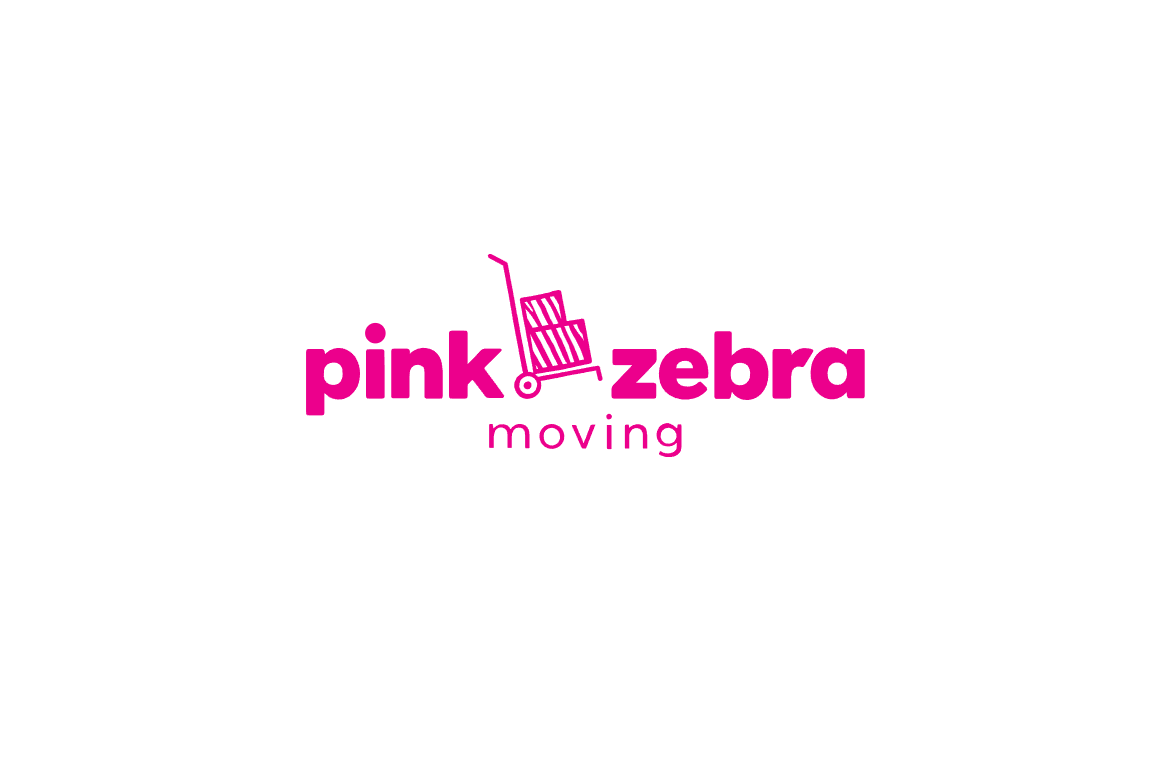Education-based franchises have become one of the most reliable and rewarding business models in the United States. Among these, Primrose Schools stands out as one of the most trusted and well-established early education franchises. Known for its strong reputation, research-based curriculum, and nurturing environment, Primrose has built a brand that parents across the country associate with quality early childhood education. For entrepreneurs passionate about education and community impact, opening a Primrose franchise can be a fulfilling and profitable venture. However, before getting started, it’s important to understand the investment required to bring a Primrose School to your community.
The Primrose Franchise Overview
Primrose Schools was founded on the idea that quality early education sets the foundation for lifelong success. The brand has grown steadily across the country by offering a balanced learning approach that combines academics, character development, and play-based learning. Their schools serve children from infancy through kindergarten, as well as provide after-school programs for older kids.
The Primrose model is built on the belief that high-quality childcare should be both educational and engaging. Each franchise operates under a strong brand identity and proven system that has been refined over decades. This reputation has helped Primrose become one of the most recognized names in early childhood education. For franchise owners, this recognition offers a significant advantage — families already trust and value the Primrose name, which can make it easier to build enrollment quickly.
How Much Does It Cost To Start a Primrose Franchise?
The investment to start a Primrose franchise ranges from $2,256,300 to $4,899,200. This wide range reflects the different variables that can influence the cost, such as the size of the school, the real estate market in your chosen area, and construction expenses.
A large portion of the investment goes toward land acquisition, building construction or renovation, and outfitting the school with appropriate equipment, furniture, and learning materials. In addition, the investment covers franchise fees, initial training, insurance, licensing, and the working capital needed to operate during the first months before the school reaches full enrollment.
While the initial investment is substantial, it’s important to recognize that Primrose operates within a premium education segment. The schools are designed to maintain high standards in both facility quality and educational delivery. This means franchise owners are investing not only in a business but in a brand that upholds strong community values and educational excellence.
Why Invest in a Primrose Franchise?
Primrose Schools has earned a strong reputation for consistency, safety, and quality — three attributes that are crucial to parents when selecting childcare and early education providers. The company’s proven business model gives franchisees the tools and systems needed to operate efficiently while focusing on the success and development of the children they serve.
Franchisees benefit from comprehensive support that covers everything from site selection and school design to staff training and marketing. The brand also assists owners with curriculum implementation and ongoing operations, ensuring that each school meets the Primrose quality standards.
Another factor that makes the Primrose franchise appealing is the growing demand for early education. As more families seek high-quality programs for their children, the early learning industry continues to expand. Parents are increasingly prioritizing schools that combine education and care, making Primrose a preferred choice in many communities.
In addition, owning a Primrose franchise allows investors to make a meaningful impact. It’s a business that goes beyond profits — it helps shape the next generation of learners by providing a strong educational foundation. Many franchisees are motivated not only by financial success but by the opportunity to give back to their local community.
The Franchise Process
Getting started with a Primrose franchise typically begins with an application and qualification process. The company looks for franchise partners who are dedicated to maintaining high standards of quality and care, even if they do not have a background in education. Primrose provides extensive training and guidance to ensure that franchisees are fully prepared to manage their schools successfully.
Once approved, franchisees work closely with the corporate team to find the right location, design the facility, and begin pre-opening preparations. This support continues after opening day with ongoing assistance in operations, enrollment growth, and staff development.
The Potential for Long-Term Growth
Primrose Schools franchises are built to provide consistent long-term growth. With a focus on high-quality education and strong community relationships, these schools tend to maintain steady enrollment once established. Many franchisees go on to open multiple locations, building a network of schools that serve families in different communities.
Because early education is considered a recession-resistant industry, Primrose franchises often maintain strong performance even during economic downturns. Parents tend to prioritize their children’s education and care, making this an investment that combines both stability and purpose.
Summary
Starting a Primrose Schools franchise in the USA requires an investment that typically ranges from $2,256,300 to $4,899,200, depending on location, size, and construction costs. While the initial financial commitment is significant, the opportunity to own a trusted educational brand with a proven model offers long-term value.
For entrepreneurs who are passionate about education, family, and community, a Primrose franchise offers both personal and financial rewards. It’s a business that makes a lasting difference — helping children learn, grow, and succeed while allowing franchise owners to be part of a nationally respected network of schools.










